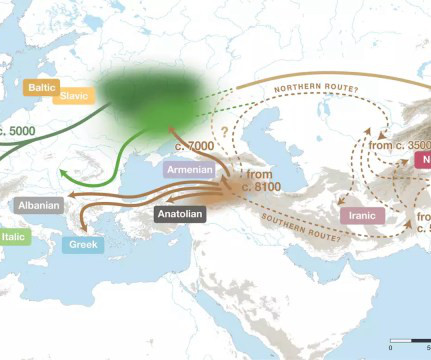Call For Papers: Trauma Informed Anthropology
Teaching Anthropology
FEBRUARY 27, 2023
Anthropology has long since engaged with challenging topics, and indeed carries its own challenging histories, and researchers continue to generate key insights into the lived realities of trauma survivors. We also encourage those from cognate disciplines such as sociology, and from researchers using ethnographic methods.











Let's personalize your content